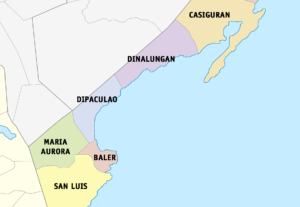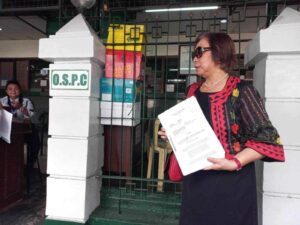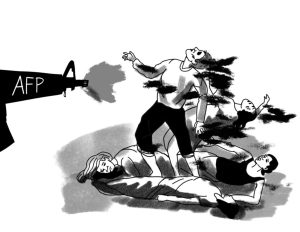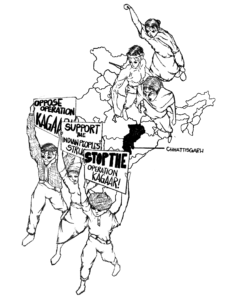Meralco's monopoly on electricity service, a bane to consumers


This June, Meralco announced plans to raise electricity charges by more than ₱0.10 per kilowatt-hour supposedly due to supply shortage. This is the tenth rate increase in the past 12 months. Although some months saw a small decrease, Meralco’s average rate per kWh of electricity is estimated to reach ₱11.50. That means, a family consuming an average of 200 kilowatt-hours per month will have monthly bill of around ₱2,300, which is a significant cut in the wages or salaries of ordinary workers and employees.
Meralco boosts its profits through almost monthly unbridled and unregulated electricity rate hikes. This past year, it reported a revenue of ₱38 billion, which is significantly higher than the company’s total revenue from 1994 to 2001, which only amounted to ₱28 billion.
Reactionary government officials have downplayed high electricity charges and simply blame increased consumption during summer. But this situation is rooted in more than two decades of deregulation and privatization policies.
Republic Act 9136 or the Electric Power Industry Reform Act (EPIRA) fully opened the power sector not only to privatization but to monopolization. The law claims opening the power industry to private investment is aimed at lowering electricity costs. But the opposite has happened. In 2017, Meralco was charging around ₱8.03 per kWh. This rose to ₱9.24 in 2022, and to ₱11.50 this year.
Because of the EPIRA, all segments of the power industry—from generation, to transmission of high-voltage electricity from power plants to substations, distribution of electricity to consumers, and supply—are now controlled by a handful of companies and families, including Ramon Ang’s San Miguel Corporation, Manny V. Pangilinan’s Metro Pacific Investments, and the Sy family’s OneTaipan Holdings.
EPIRA also created the “Wholesale Electricity Spot Market” where power producers sell their excess electricity supply to retail companies (distributors or cooperative). Under the EPIRA, WESM sets electricity prices based on supply and demand at the time of purchase.
The collusion of a few electricity companies to manipulate the price of electricity has long been raised. This happens when a distribution company (like Meralco) announces an insufficient supply from its regular source of electricity and has to buy from WESM. Meanwhile, WESM is quick to raise prices when supply is supposedly low.
This collusion is not surprising because the companies and families that control Meralco and other distribution companies also own several other segments of the electricity sector. For example, Pangilinan, Ang, and the Aboitiz also own the companies that operate the Ilijan power plant in Batangas, which is one of Meralco’s main sources of electricity supply.
This is why many are calling for an investigation into the series of “red” and “yellow” warnings of the National Grid Corporation of the Philippines (NGCP), because the lack of supply might have been artificial to increase charges.
Franchise renewal rush
Meralco’s franchise has four more years before it expires under Republic Act No. 9209 signed by Gloria Arroyo in June 2003. This early, however, a bill extending the franchise has already been filed in Congress.
Members of the reactionary congress claim that this will help attract possible investors in the power industry, bringing an improvement in the industry’s service.
But the real reason? Guarantee of superprofits for Meralco and the bourgeois comprador families behind it—mainly Pangilinan of Metro Pacific Investments and the Gokongwei family of JG Summit Holdings.
Meralco also wants to accelerate approval of its new franchise to avoid scrutiny, exposure and investigation into the many reported anomalies and manipulations.
Meralco has gained notoriety for similar schemes before. In 2002, the Supreme Court ordered Meralco to return to consumers overcharges amounting to ₱28.15 billion, after being found to have passed to consumers some of its expenses such as taxes.
Meralco’s 2003 franchise allowed it to sell electricity to 39 cities and 72 towns in Metro Manila, Bulacan, Cavite, Rizal, and some parts of Batangas, Laguna, Quezon, and Pampanga. Up to 7.8 million households in the said provinces are Meralco customers.












